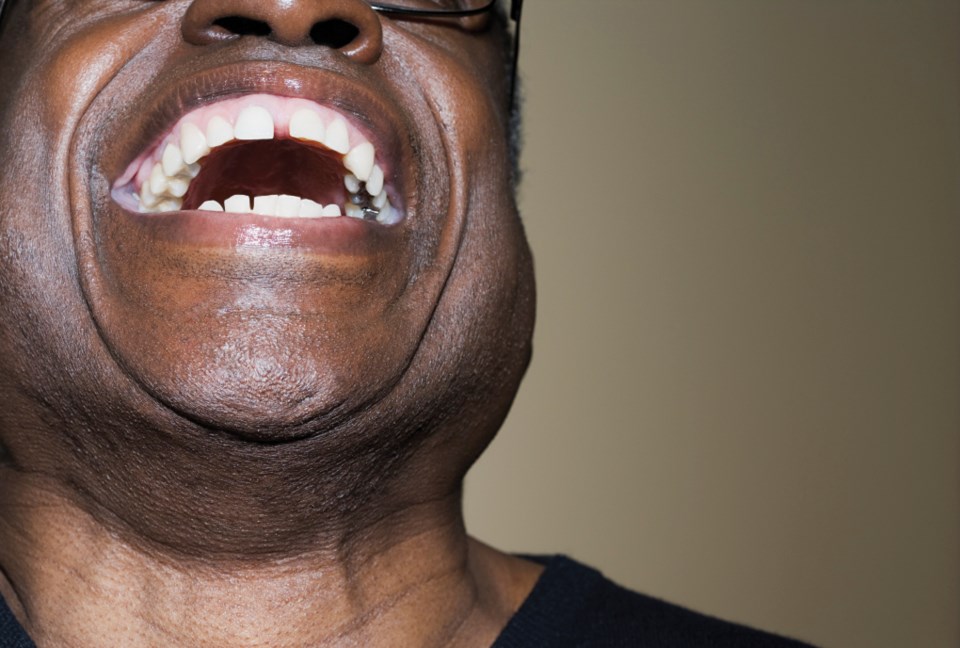There is a stereotype that older people can’t keep up with change. Family members will laugh at the blinking display of the unset DVD player (or for the even less adaptable, VCR).
And the older we get, the more quickly time passes and trends change.
But there is wisdom in aging. With time, we see that change is constant and inescapable — in politics, technology, economics and fashion. We learn to be cautious about taking anything for granted because everything changes.
With the insight of change, the wisest give up pinning their happiness to that which doesn’t last: material things, the hottest fashion, the latest Apple product, wealth, popularity and youth.
But for most of us, change is a source of suffering.
As we age, many lament the loss of vigour, the outward signs of aging, illness, and separation from loved ones. We have expectations and when these are thwarted, we grieve their loss. We may feel powerless and in despair.
But if we see life as it is, we will recognize that change is inevitable.
Instead we live with the unexamined expectations that our careers will run smoothly, our relationships won’t change, jobs won’t end, we and those we love will live forever; we won’t age, suffer accidents, become ill or die.
We all know better. Yet we approach each day ignoring reality, taking for granted the beautiful gifts we hold for a moment, acting unkindly to those who may not be here tomorrow, and letting pass by even the smallest opportunities to make a positive difference in our fragile world.
An empowering psychological principle is the locus of control. Some, in the midst of change, feel helpless (and thus anxious) then hopeless (and ultimately depressed). They do not feel a sense of control in a sea of change.
But if in a changing world, we recognize the ways we can exert control — where our intentions and actions can make a positive difference, we feel empowered.
If you had a limited amount of cash that had to be spent today, what would you choose to do with it? If you had just one more day to spend with someone you loved, what would you say and what would you do?
If you had just this day to make a positive difference in the world, what would you do today?
Would you spend another moment holding onto the past, complaining, watching TV, doing meaningless work or shopping?
I bet you won’t.
Tsongkhapa wrote eloquently of the preciousness of a human life.
“The human body at peace with itself is more precious than the rarest gem.
Cherish your body. It is yours this one time only. The human form is won with great difficulty. It is easy to lose.
All worldly things are brief like lightning in the sky. This life you must know as the tiny splash of a raindrop, a thing of beauty that disappears even as it comes into being.
Therefore set your aspiration and make use of every day and night to achieve it.”
In upcoming columns, I’ll explore practical strategies to embrace change and become an agent of positive change.
Dr. Davidicus Wong is a family physician. His Healthwise column appears regularly in this paper. You can read more about achieving your positive potential in health at davidicuswong.wordpress.com.



